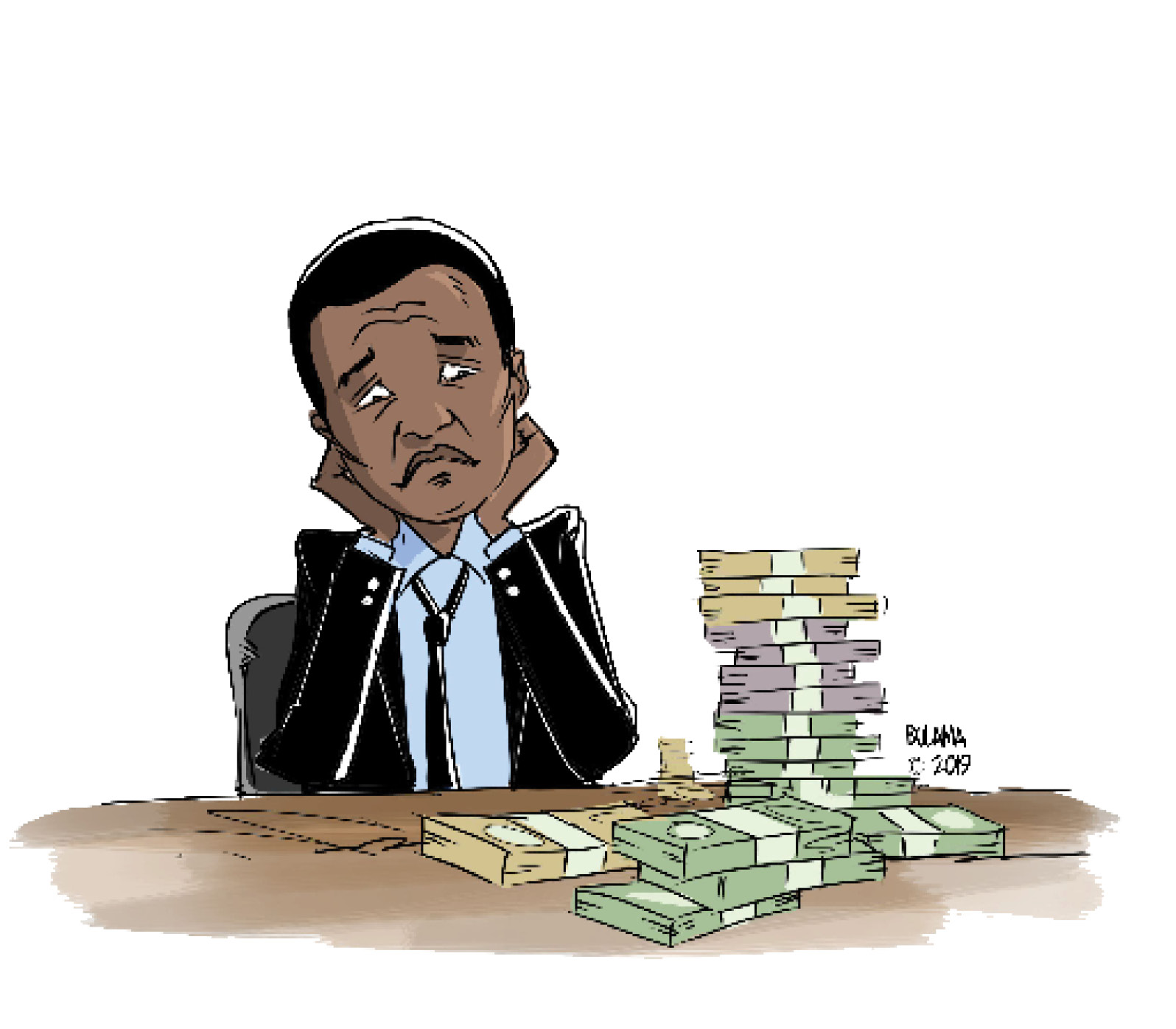Isn’t it too early in the year to start discussing death? But I am not really discussing death and don’t intend to freak readers out. Instead, I am discussing life, and living, and trying to wrestle with the inevitabilities of life. This discussion is about what is really important in life, and how we should come to terms with these critical issues. Well, I’m no philosopher but I guess some of the all-time-greats have engaged with such subjects in time past. I think when we come to terms with the inevitability of death, we would really start living. In contemplating what we are here for, we may find out that our earlier priorities are wrong and futile. We may also double down on our pursuits.
That is as far as we are concerned ourselves. As far as our children are concerned – for those who have them – I believe that our role is to sire them and give them a chance at living. If our lives have been thrilling and enjoyable, we should be honest to identify those factors which made our lives that way, and see if our children could also get their own chance to have enjoyable lives.
For me, and in my very humble opinion, what we owe our children are a good name, some education, good character-moulding, and to share the experience we have as we go along. Until the day we draw our last breath, we continue to learn. But before I lose you, let me tell you a story.
There was this guy whose family migrated from Dunfermline, Scotland, to the new world (USA) in the middle of the 19th Century. His father owned a loom that was taken out by the technology of the times. His mother sewed shoes. They had fallen into penury and it was only logical to migrate. The family borrowed 20 pounds for the journey. He would be lucky to find a job at a telegraph company at Pittsburgh, and displayed much prowess at the job, that his boss took him under his wings. By investing in stocks he would later start to build his capital which he took into the steel production sector. His wealth grew in leaps as he consolidated his position in that sector, often by sheer dint of hard work and shrewdness, but sometimes by running competition aground.
He developed a reputation for ruthlessness and on a few occasions, his company had serious problems with the workers’ union, leading to what is today known as the Homestead Massacre. His steel company was however instrumental to the construction of many of the early skyscrapers in New York and Chicago. But by 1901, he sold off his company to John Pierpoint Morgan II for a tidy sum of $480 million (an equivalent of $15 billion today), thereby becoming the richest man in America. At the peak, this man’s wealth was two per cent of the entire GDP of the USA. This man then devoted the rest of his life to giving away his wealth, especially by investing in libraries. Today, about 3,000 libraries are strewn around the world in his name. This is perhaps in compensation for dropping out of school at an early age.
This richest American wrote in an essay in 1889:
“Men who leave vast sums in this way may fairly be thought than men who would not have left it at all, had they been able to take it with them… The man who dies leaving behind him millions of available wealth which was his to administer during life, will pass away unwept, unhonoured and unsung no matter to what uses he leaves the dross which he cannot take with him. Of such as these the public verdict will then be: The man who dies thus rich dies disgraced.”
He believed that the wealthy should repay their debts to society and supported 100 per cent inheritance tax. He also wrote that the worst form of idolatry is the worship of money. His name was Andrew Carnegie, a phenomenon of a man. He died in 1919 at the age of 83.
Carnegie hoped to retire at age 35, even though that did not materialise. He made infinitely a lot more money after that age. But by 1901 at age 65, he had conquered the world and seen the folly of it all. He had just one daughter, Margaret, but together with his immediate family, they decided to give everything he had worked for away. The balance of $30 million upon his death was equally given away to charities, pensioners and other such needy demographic, with a certain amount used to set up a foundation in his honour.
Dear Readers, stay with me on this. I am heading somewhere. What we are researching together on this page, is the balance between generosity to our children, and the greater generosity of enabling them to find their own feet. We are looking at the value of our own aspirations and ambitions, and how it is better for our children to be greater than us rather than being enveloped and eclipsed by us. More next week

 Join Daily Trust WhatsApp Community For Quick Access To News and Happenings Around You.
Join Daily Trust WhatsApp Community For Quick Access To News and Happenings Around You.


